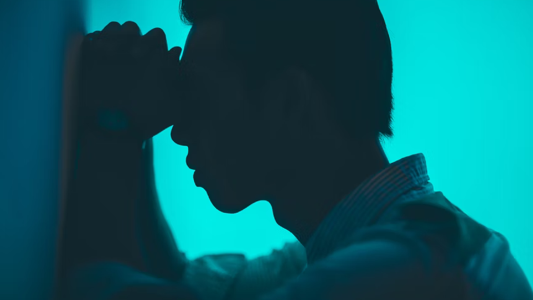Do you feel like certain sounds manipulate your emotions and lead to aggressive reactions? If yes, then you might have misophonia, a disorder and syndrome developed from a strong hatred or dislike of specific sounds. In this post, you will learn about this condition and its symptoms.

(Source)
What is Misophonia?
Misophonia is not a dangerous condition, but when you lose control, you could hurt people around you. Many people with misophonia describe the triggering sound as annoying. It puts them in a fight or flight situation and they start to panic. Also, people have different reactions to triggering sounds. For instance, if you feel angry after listening to a tapping sound, another person might just find it annoying.
Many people report that they feel irritation when they hear oral sounds such as the sound of chewing, eating, and breathing. Some also find the tapping sound irritating, including finger and keyboard tapping. The sound of windshield wipers can also be a trigger for some people.
For misophonia patients, the sound is not the only trigger as they find visual stimuli irritating as well. They respond to the repetitive motion of people as well such as wriggling of legs. According to experts the major trigger for misophonia patients is repetitive sound. The brain of these patients works differently and filters certain sounds more than others. That is why they struggle to process repetitive sound because their brain enhances that sound triggering an emotional response.
Symptoms of Misophonia
Professionals categorize this disorder from mild to severe depending upon your reaction. Furthermore, their response to the triggering sound leads to a wide range of emotional and physiologic responses. Here is some mild reactions triggered by misophonia:
- Uncomfortable
- Disgust
- Anxious
- The urge to flee
If you develop a severe condition, you will experience these reactions:
- Hatred
- Panic
- Anger
- Rage
- Emotional distress
- Fear
The disorder can negatively influence your social life and you will hesitate to interact with people. Many patients develop anticipatory anxiety because of the triggering sounds. You can prevent triggers by adopting changes in your lifestyle. For instance, if you find chewing noise irritating, you should sit separately with your spouse, roommates, and family. However, if you have visual triggers, you can prevent reacting by leaving.

(Source)
Causes of Misophonia
Today, experts are conducting new research about identifying the causes of misophonia. A British team conducted research with 20 misophonia patients. Meanwhile, they included 22 participants without the condition. The experts played common trigger sounds such as breathing and eating in front of these participants. Also, they played disturbing sounds such as people screaming and babies crying and neutral sounds such as rain.
All the participants found disturbing and neutral sounds unpleasant. But, only the participants with misophonia found triggering sound irritating. This indicates that people with misophonia have specific trigger sounds, but they have the same reaction to other sound types.
Treatments for Misophonia
Here are some effective treatment options that the doctor will recommend:
- Cognitive Behavioral Therapy
- Tinnitus Retraining Therapy (TRT)
- Medication
- White noise devices
- Hypnotherapy
- Biofeedback
What is Misophonia? Conclusion
If certain sounds irritate you, contact a professional doctor in your city. Misophonia Cognitive Center is a reliable clinic in NYC to help people with Tinnitus, Misophonia, and other sound disorders. Stephen Geller Katz is a professional sound specialist with extensive experience in treating Misophonia patients. If you want to consult with Dr. Katz, you should give us a call at 646-585-2251.
Stephen Geller Katz LCSW-R
19 West 34th Street
Penthouse Floor
New York, NY 10001
646-585-2251
